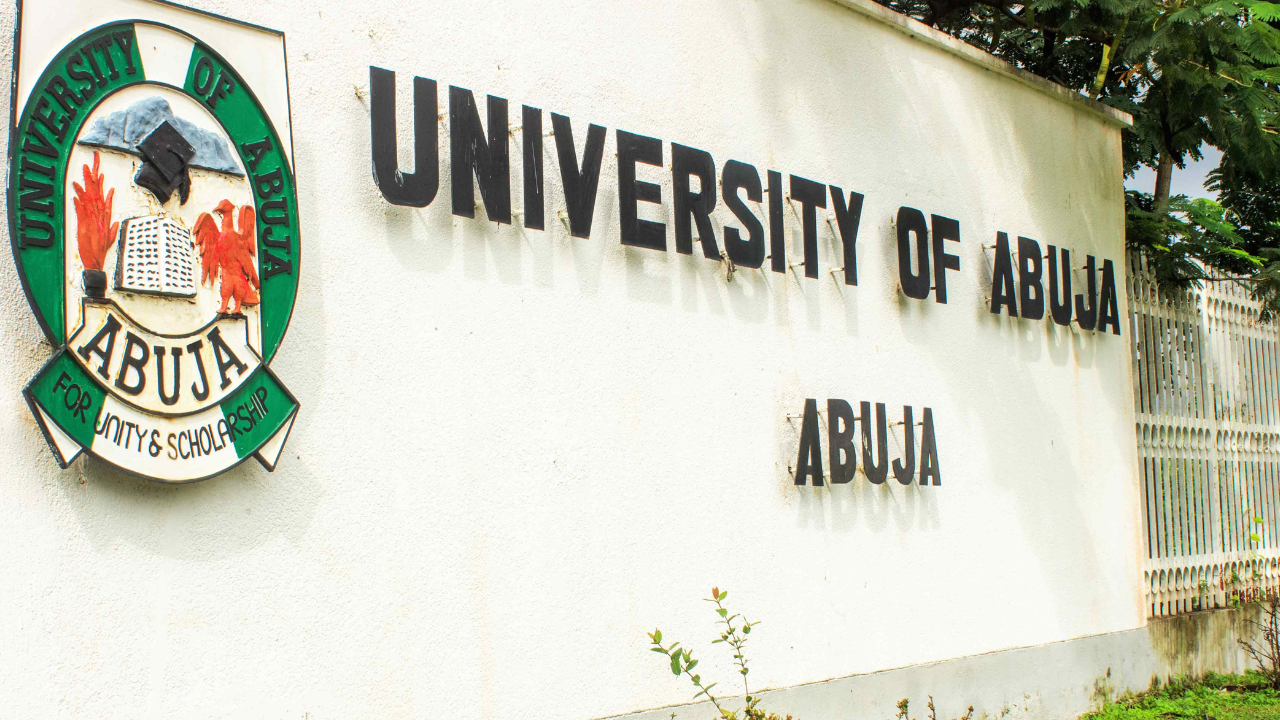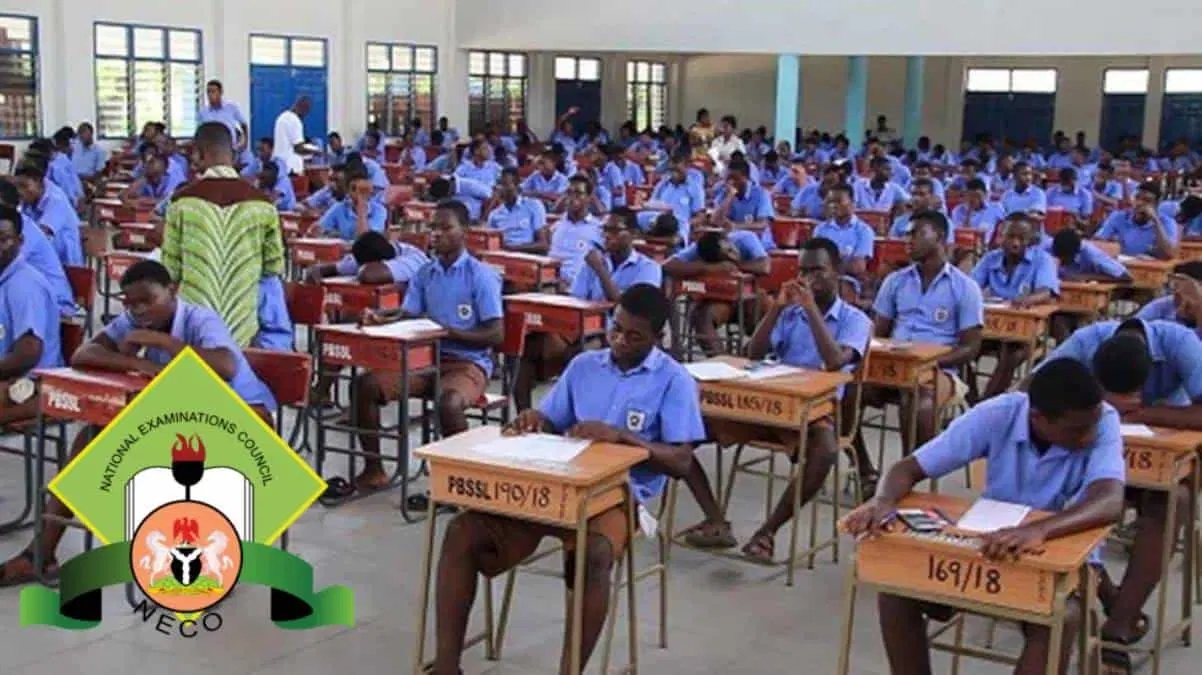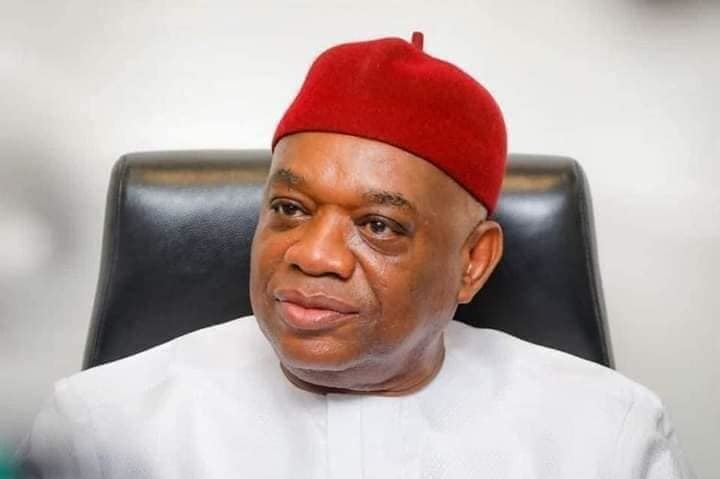The Adolescent Girls’ Initiative for Learning and Empowerment (AGILE), has called for stronger collaboration among stakeholders to ensure the smooth implementation of the AGILE project in Kogi.
Dr Bello Abdulhakeem, the state Coordinator of AGILE project, made the call at a sensitisation and stakeholders’ engagement programme on Tuesday in Lokoja.
Abdulhakeem said that AGILE, a World Bank-assisted initiative under the Federal Ministry of Education was aimed at improving secondary education opportunities for adolescent girls aged 10 to 20.
”The adolescent girls in Nigeria face numerous challenges that prevent them from accessing and completing secondary education, including sociocultural barriers, financial constraints, and infrastructural deficits.
“The AGILE project seeks to address these challenges by making education more appealing to adolescent girls, their parents, communities, and institutions.
“The project involves creating safe and accessible learning spaces in secondary schools by constructing new infrastructure, renovating existing ones, and providing WASH facilities, teaching, and learning materials,” he said.
He stressed that AGILE would foster an enabling environment for girls by promoting social and behavioral change, equipping them with critical life skills, and providing financial incentives and scholarships to those in public secondary schools.
Abdulhakeem noted that the sensitisation programme remained a platform to engage relevant stakeholders in finding effective strategies to address challenges in girls’ education across the state.
”We need the collective support and collaboration of all stakeholders to ensure the seamless implementation of this project across Kogi.
“This initiative is not just about building structures; it is about shaping the future of our girls by equipping them with knowledge, skills, and character to navigate adulthood successfully,” he added.
He urged stakeholders to remain actively involved, engage with schools in their communities, and provide necessary feedback to AGILE for continuous improvement.
Also speaking, Kogi AGILE’s Media and Communication Specialist, Bishop Aturu, stressed the need for accurate and reliable data to aid effective planning and ensure a smooth implementation process.
“We are seeking the buy-in and support of various stakeholders, because their involvement will help us address potential challenges, enhance community engagement, and ensure that key messages reach the grassroots,” Aturu said.
Meanwhile stakeholders at the event commended the AGILE initiative and the efforts of the coordinator and his team in fostering inclusive participation.
They emphasised the need for continuous training and motivation of teachers to improve the quality of education delivery.
Representing Persons with Disabilities (PWDs), Mr Ibrahim Arome, the immediate past Chairman, Kogi Board of Disability, lauded AGILE for prioritising inclusivity.
Arome called for establishment of a school for the Deaf and Dumb in the state and the construction of infrastructure that ensures accessibility for PWDs.
NAN reports that stakeholders at the event include representatives from NGOs, religious and traditional institutions, FIDA, media organisations, government agencies, women’s groups, and other key stakeholders. (NAN)





